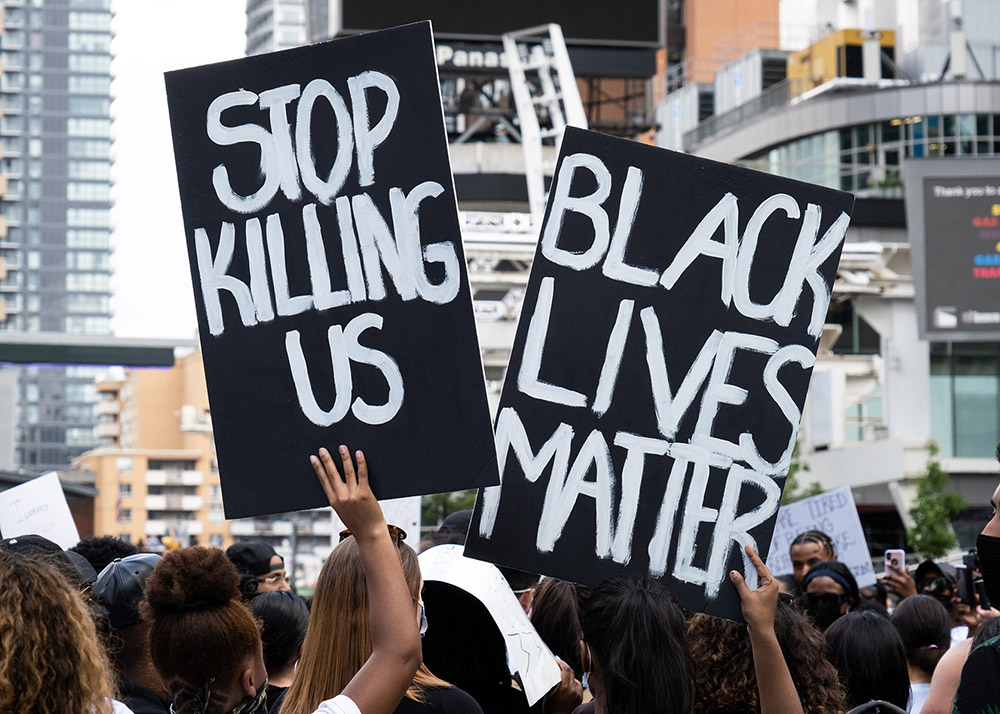Systemic racism (also known as institutional racism) is when the rules of society and ways of doing things (i.e. the system) are unfair for certain people because of their race. Racialized minorities (non-white) often face difficulties as a result of systemic racism.
(This article is a plain-language summary of systemic racism in canada. If you are interested in reading about this topic in more depth, please see the full-length entry, Systemic Racism in Canada.)
Individual or Systemic Racism?
Systemic racism is different from individual racism. Individual racism is when one person may feel or act racist against another, while systemic racism is something that happens on a large scale in society. It is racism in the system, in the way things are done. There can be systemic racism in laws, in institutions like schools or hospitals, and even in the way the police act.
In Canada, systemic racism stems from the fact that society is based on the ways of the white majority. Therefore, the system can be inequitable towards racialized minorities.
Examples of Systemic Racism
Systemic racism can negatively impact various situations. For example, when someone is looking for work or a place to live, it can be more difficult for racialized people to find what they are looking for, even if they are as qualified or have just as many means. Therefore, they face more obstacles due to their race.
Studies show that people with foreign names are sometimes at a disadvantage when looking for a job. For example, people with African or Arabic sounding names may be less likely to get hired even if they are as competent as other applicants.
Systemic racism is also seen in the way that police arrest people. Studies show that racialized people are stopped more often by the police than white people, even if they have done nothing wrong. That is called racial profiling. It is unfair and can be frightening for people who feel targeted because of their appearance.
Some Indigenous communities do not have access to clean drinking water. Yet water is a fundamental resource for everyone. The majority of other groups in Canada have access to clean water. It is another example that shows that systemic racism can have a negative effect on people.
Recognition of Systemic Racism
In May 2020, a man named George Floyd died due to a violent arrest by police officers in the United States. This made many people angry. They organized protests around the world. (See Black Lives Matter-Canada.) This prompted many public figures to talk about systemic racism.

The federal government and many provincial governments recognize the existence of systemic racism. In Quebec, Prime Minister François Legault said that he was against racism, but that he was uncertain if systemic racism was a real issue in his province.
Possible Solutions
Some governments and organizations recognize that this problem exists. They are looking for ways to solve it. That includes various means, such as providing training so that people better understand other cultures. It also includes hiring more people who are often discriminated against.
Some provinces and cities have created laws and specialized teams to fight systemic racism. British Columbia, for example, passed legislation to collect data on racism to better combat it. In Montreal, a team was created to fight racism and make the city more fair for everyone.

 Share on Facebook
Share on Facebook Share on X
Share on X Share by Email
Share by Email Share on Google Classroom
Share on Google Classroom


